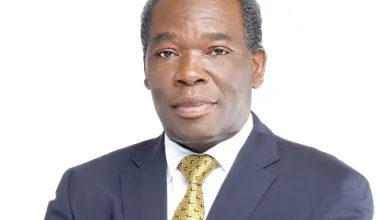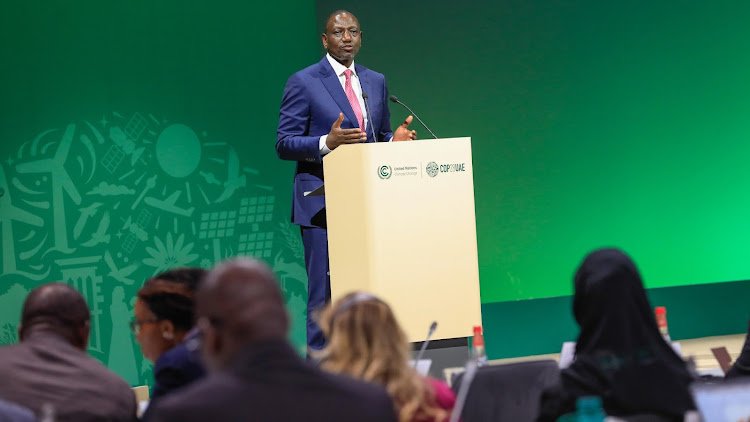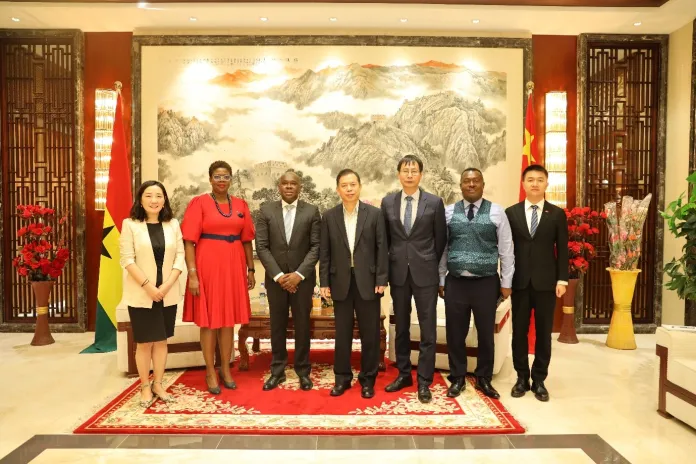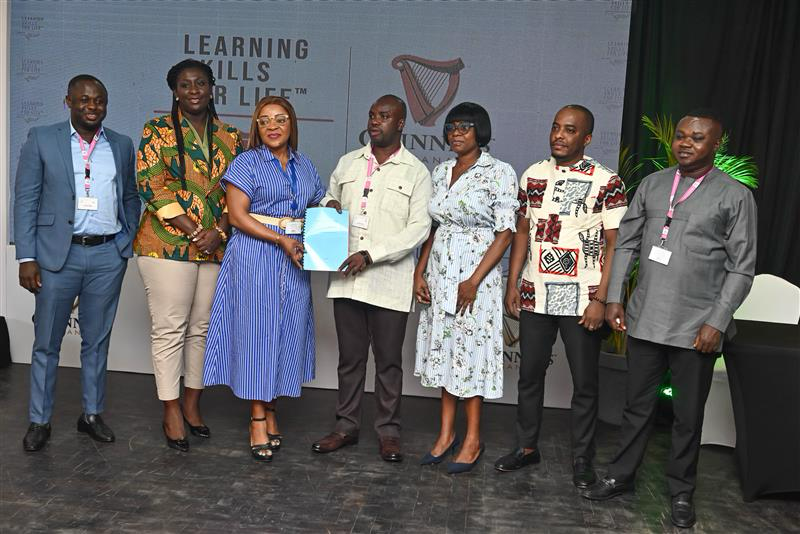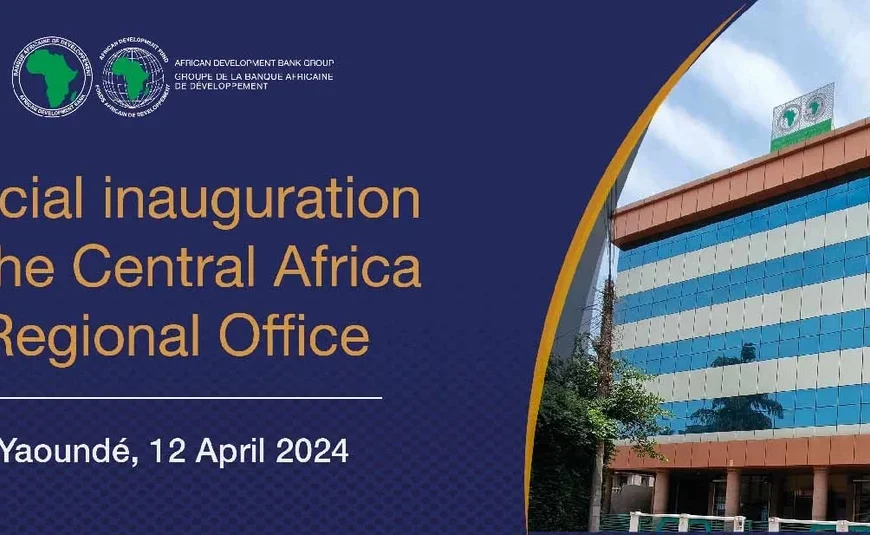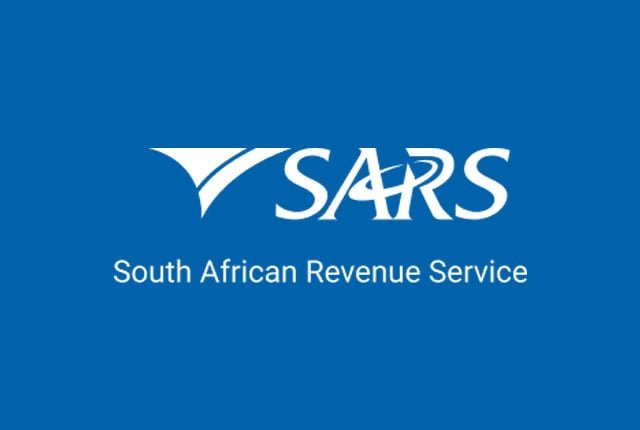
South African Revenue Service (SARS) announces its intention to withdraw two practice notes
The South African Revenue Service (SARS) has announced its intention to withdraw two practice notes, which will carry implications for taxpayers in the country.
The first withdrawal is for Practice Note No. 31, which relates to the interest paid on borrowed money.
In South African tax law, taxpayers are entitled to a deduction in interest paid where that interest is incurred in the production of income through a venture or a trade. In effect, lending money to conduct business and make money.
According to ENSAfrica, through the PN31, SARS generally allows the deduction of expenditure incurred in the production of income even though the receipt or accrual of the income does not constitute the carrying on of a trade.
An example of this is when a taxpayer lends money to borrow out at a higher rate or has surplus funds to invest. SARS describes the situation as follows:
“Should a person, therefore, borrow money at a certain rate of interest with the specific purpose of making a profit by lending it out at a higher rate of interest, it may well be that the person has entered into a “venture” and is thus carrying on a trade.
In other words, interest paid on funds borrowed for purposes of lending them out at a higher rate of interest will, in terms of section 11(a) of the Act, constitute an admissible deduction from the interest so received by virtue of the fact that this activity constitutes a profit-making venture.”
However, SARS has noted an increasing trend of this provision being abused to obtain and maximise this deduction without the ‘profit-making’ part being reflected in the taxpayer’s gross income.
“There has been increasing abuse of the concession provided for in PN31 where taxpayers have relied on the PN as a means to structure transactions or undertake transactions in order to obtain a deduction of interest or expenditure incurred, which would not otherwise have been allowed as a deduction under the Income Tax Act 58 of 1962,” it said.
“As tax legislation has developed over the years, resulting in the reclassification of certain income streams to interest, this has further allowed taxpayers the deduction under the PN against the reclassified income.”
SARS said that it has noticed increased abuse, where transactions are structured to maximise the deduction of interest or other expenditure incurred using PN31 whilst there is no corresponding inclusion in gross income for the recipient. This is achieved where the transactions are concluded with either exempt or non-resident taxpayers, it said.
The intended withdrawal will apply for years of assessment commencing on or after 1 March 2023.
If implemented, the withdrawal may impact taxpayers who rely, inter alia, on the provisions of PN31 when claiming interest deductions, ENSAfrica said.
The second change from SARS is the withdrawal is Practice Note 37 of 1995, which relates to the deduction of fees paid to accountants, bookkeepers and tax consultants for the completion of income tax returns.
Under this provision, any taxpayers whose income consists solely of remuneration and/or interest and dividends will be entitled to a tax deduction in respect of fees paid to accountants, bookkeepers, tax consultants and other professional persons or institutions for the completion of their tax returns.
However, because of changes to technology and the way the tax industry works, this note is no longer necessary, the taxman said.
According to SARS, when this note was introduced, it created the term “registered tax practitioner”.
“The effect of this introduction means that only persons that are ‘registered tax practitioners’ as defined, may provide tax advice or assist in completing a tax return for a fee,” it said.
Therefore, PN37, in its current form, does not incorporate the requirements of the Tax Administration Act, it said.
“The modernisation of the e-filing system has also simplified the process of submitting tax returns, and assistance is provided to taxpayers in person or electronically by SARS in this regard,” the revenue service said.
As with PN31, the withdrawal of PN37 is expected to take place from March 2023. SARS has invited comment on the withdrawal through to 15 December 2022.
Source: Business Tech


